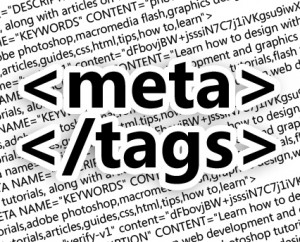The surge of content marketing, based on the creation and distribution of valuable content, is a reality. The objective is no longer solely to advertise but to engage and offer valuable experiences to the market as well. In this context, precision in content classification is becoming essential. And that’s why we implemented a new automatic content classifier according to the full IAB taxonomy.
Therefore, since including tier 3 of the content taxonomy to the categorization categories of our IAB model last year, we have chosen to complement it by providing the complete ontology. In line with the Content Taxonomy, published in 2017 and updated in 2020 by the IAB Tech Lab (Interactive Advertising Bureau), this classification includes the remaining 60 categories that make up tier 4. A total categorization of over 698 categories, hierarchized into four tiers, is thus, offered. We have kept the unique identifier that IAB assigns to each one of its categories, as well as their name, through which its parent categories can be found.

 Digital marketing is becoming a fundamental pillar, by leaps and bounds, in the business plans of practically every business model. Methods are being refined and the search for the connection between brand and user is expected to become increasingly more precise: a related advertisement is no longer sufficient, now the advertisement must appear at the right time and in the right place. This is where categorization proves to be an exceedingly useful tool.
Digital marketing is becoming a fundamental pillar, by leaps and bounds, in the business plans of practically every business model. Methods are being refined and the search for the connection between brand and user is expected to become increasingly more precise: a related advertisement is no longer sufficient, now the advertisement must appear at the right time and in the right place. This is where categorization proves to be an exceedingly useful tool. The reason? Text. And a lot of it. The publishing world has struggled to understand how data relates to text and understand the value of data. This is changing, too slow for many, as the industry moves from seeing themselves as a ‘product’ based company (e.g. making books, e-books or physical) to a ‘service’ based company. In other words smart publishers are starting to see their service to customers as the creator and curator of information. This content is abled to be mixed and mashed-up in dynamic ways across a number of formats. This service is not bound, saddle-stitch or otherwise, to a specific product. This 180-degree perspective change requires publishers to think more directly about customer experience in the same way more traditional service based industries like hospitality or even retail banking.
The reason? Text. And a lot of it. The publishing world has struggled to understand how data relates to text and understand the value of data. This is changing, too slow for many, as the industry moves from seeing themselves as a ‘product’ based company (e.g. making books, e-books or physical) to a ‘service’ based company. In other words smart publishers are starting to see their service to customers as the creator and curator of information. This content is abled to be mixed and mashed-up in dynamic ways across a number of formats. This service is not bound, saddle-stitch or otherwise, to a specific product. This 180-degree perspective change requires publishers to think more directly about customer experience in the same way more traditional service based industries like hospitality or even retail banking.



